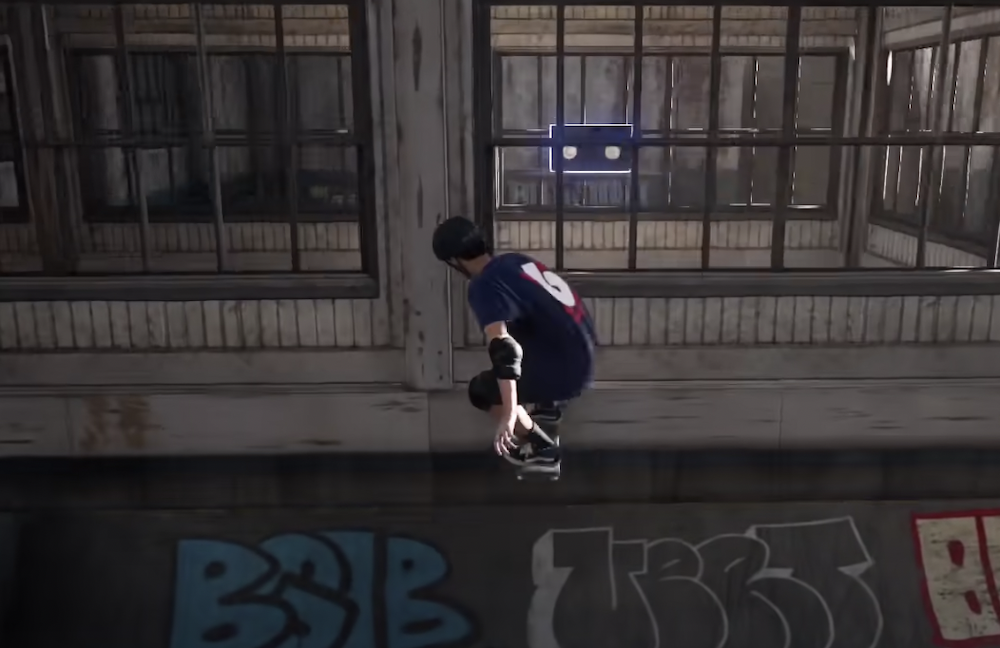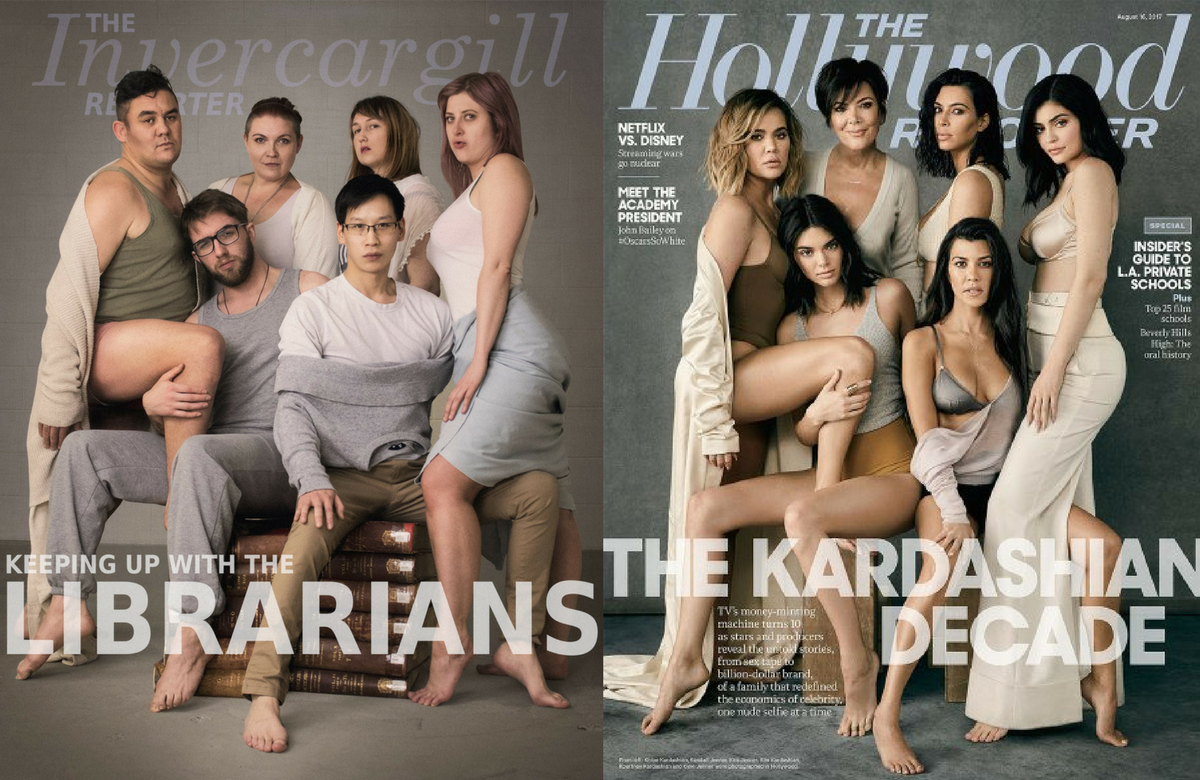news
VIDEO: How Fiction Can Change Reality

This snazzily-illustrated TED-Ed video from Jessica Wise explains how our reality is changed by the fiction we read and write.
Here’s the transcript:
Emily Dickinson said, over a century ago, that “There is no frigate like a book to take us Lands away,” and it’s true. When we pick up a book, turn on the TV, or watch a movie, we are carried away down the currents of story into a world of imagination. And when we land, once more, on a shore that is both new and familiar, something strange happens. Stepping onto the shore, we’re changed. We don’t retrace the footsteps of the author or character we’ve followed here. No, instead we walk a mile in their shoes.
Researchers in psychology and neuroscience, child development and biology are finally starting to gain quantifiable scientific evidence of what writers and readers have always known … that stories have a unique ability to change a person’s point of view. Scholars are discovering evidence that stories shape culture and that much of what we belief about life comes, not from fact, but from fiction; that our ideas of class, marriage, and even gender are relatively new, and that many ideologies which held sway for centuries were revised within the eighteenth century and re-drafted in the pages of the early Novel.
Imagine a world where class and not hard work decide a person’s worth… a world where woman is man’s more untamed copy… a world where marriage for love is a novel notion…
Well, that was the world in which Samuel Richardson’s Pamela first appeared. Richardson’s love story starred a poor serving-class protagonist who was both morally superior and smarter than her upper-class suitor. And, challenging a slew of traditions, it caused a ruckus. There was more press for Pamela than for Parliament. It spawned debate and counter-fictions. Still, for all those who couldn’t accept Pamela; others were eager for this new fictional world. This best-seller and all its literary heirs — Pride and Prejudice, Jane Eyre, and, yes, even Twilight — have continuously shared the same tale and taught similar lessons which are now conventional and commonplace.
Similarly, some scholars are telling us that Darwin’s theory of evolution is highly indebted to the plots he read and loved. His theory privileges smartness, swiftness, and adaptability to change — all core characteristics in a hero. Whether you’re reading Harry Potter or Great Expectations, you’re reading the kind of plot that inspired Darwin. Yet recent studies show that his theory might not be the whole story. Our sense of being one man or one woman (or even one species) taking on the challenges of the world might be wrong. Instead of being hard-wired for competition, for being the solitary heroes in our own story, we might be instead members of a shared quest: more Hobbit, than Harry.
Sometimes, of course, the shoes we’ve been walking in can get plain worn out. After all, we haven’t walked a mile in Austen’s shoes or Twain’s, we’ve walked about 100 trillion miles in them.
This isn’t to say we can’t read and enjoy the classics. We should travel with Dickens: let Pip teach us what to expect from ourselves… Have a talk with Austen and Elizabeth about our prides and prejudices. We should float, with Twain, down the Mississippi and have Jim show us what it means to be good.
But on our journey, we’ll keep in mind that the terrain has changed. We’ll start shopping around for boots that were made for walking into a new era.
Take, for instance, Katniss Everdeen and her battle with the Capitol. Can Hunger Games lead us into thinking about capitalism in a new way? Can it teach us a lesson about why the individual should not put herself before the group?
Will Uglies reflect the dangers of pursuing a perfect body and letting the media define what is beautiful?
Will Seekers trod a path beyond global warming? Will the life-and-death struggles of Toklo, Kallik, Lusa, and the other bears chart a course for understanding animals and our place in their world?
Only the future will tell which stories will engage our imagination, which tales of make-believe will make tomorrow, but the good news is this: there are new stories to venture in every day, new tales that promise to influence, to create, and to spark change … stories that you might even write yourself.
So I guess the final question is this: what story will you try on next?









